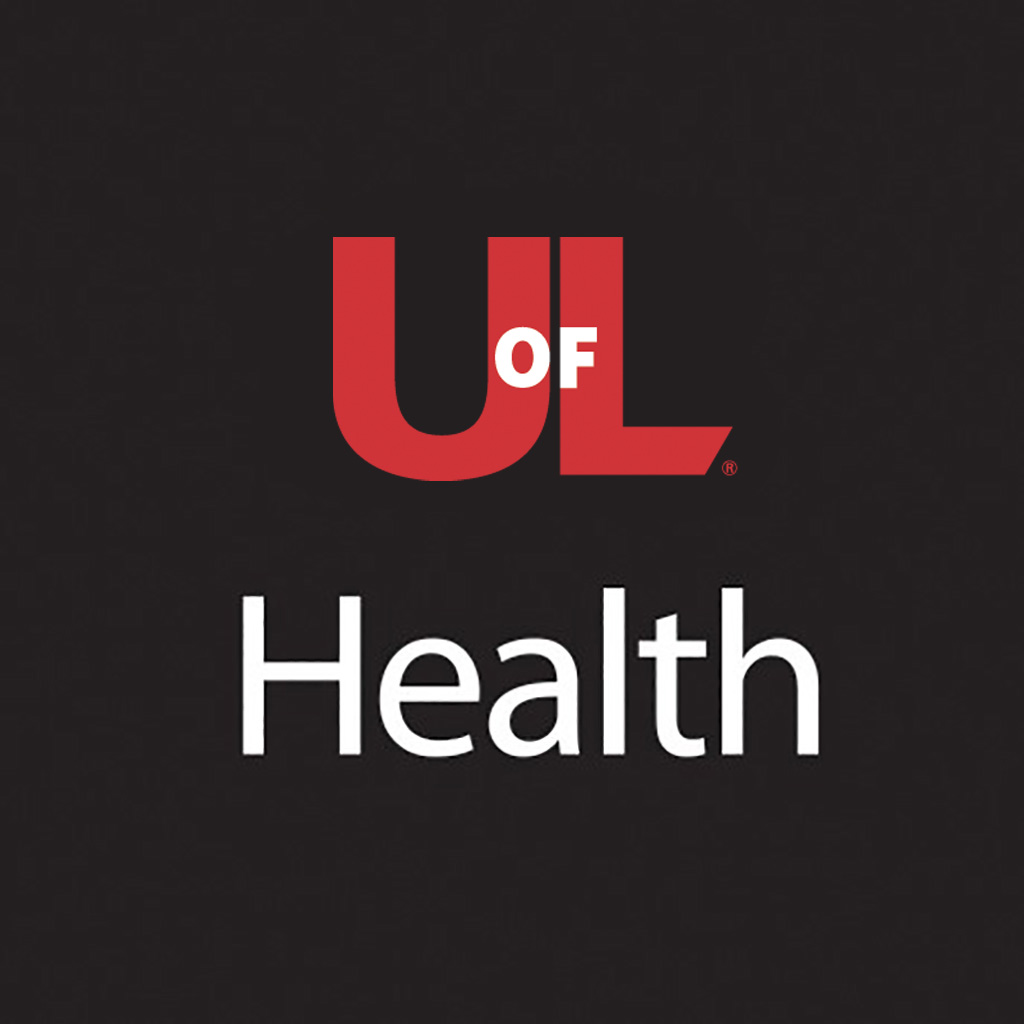The Infection Prevention and Control Team at UofL Hospital developed a program emphasizing continual education, awareness, collaboration, and fun to reduce catheter-associated urinary tract infections (CAUTI) at their facility. Their work was recently recognized with a Heroes of Infection Prevention award from APIC.
The team had made some progress in CAUTI prevention, but “we really wanted to hit a tipping point that would enable us to sustain progress,” Sarah Bishop said. This desire led to a facility-wide 2017 CAUTI-reduction goal. The team created a multi-dimensional campaign comprising quality improvement, education initiatives, and creativity to promote reduction of indwelling urinary catheter usage and increase adherence to a nurse-driven removal protocol.
The program includes an annual “CAUTI-Free April”, a monthlong campaign during which the team intensifies their focus on CAUTI education. Featuring a “Make Voiding Great Again” theme, the 2017 campaign involved around-the-clock rounding on all hospital units, CAUTI-reduction competitions, and prize drawings recognizing best CAUTI-reduction practices. “It’s a fun way to educate and raise awareness where it’s convenient for staff,” Crystal Heishman said. “They would see us, they would laugh, and they would pay attention.”
“Data showed that our biggest problem was in the ICU, so we really intensified focus in that area,” Leah Oppy said. “We educated on alterative devices and re-educated on the catheter removal process.”
Throughout the campaign, the team emphasized collaboration and relationship-building across departments. “You have to engage the frontline staff and maintain good working relationships to move the process forward,” LaShawn Scott said.
Ultimately, the team’s creativity and passion generated a 34 percent decrease in CAUTI. Continual education, including through nursing orientation and preceptorships, is helping to ensure they’ve reached their “tipping point.”
“It’s worked well because all of us really believe in making education fun while positively impacting patient care,” Heishman said.









